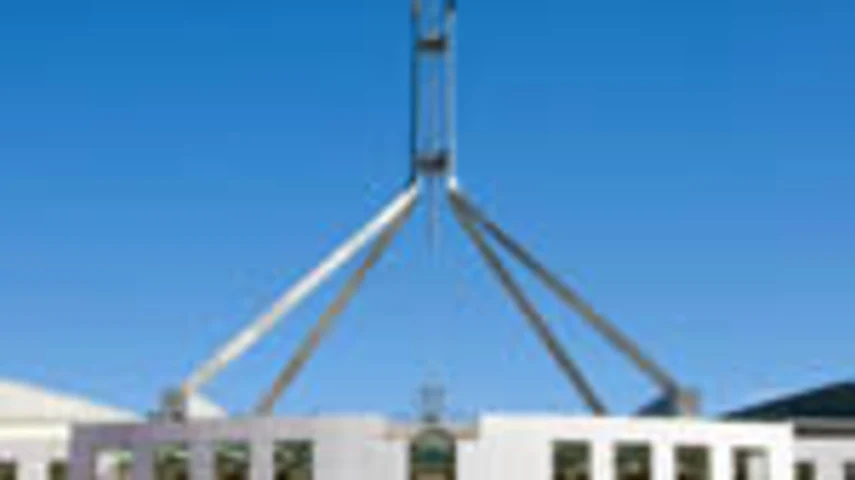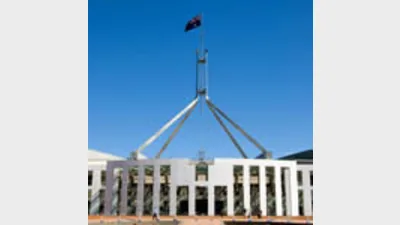Superannuation: tying up the loose ends



Stephen Kunz explains why 2011 is the year for the Government to resolve some outstanding superannuation and financial services initiatives.
Welcome back! It’s the New Year, so it’s time to start on some new initiatives. But if you are the Government, hold back. There are still a number of superannuation and financial services initiatives from the past two years that need to be resolved.
When the Rudd Government came to power in November 2007, one of its promises was a ‘root and branch’ review of the tax system.
That resulted in the Henry Report, tabled early last year, which recommended against raising the superannuation guarantee (SG) from 9 per cent. But we all know that most of the recommendations were not adopted.
Announcements in the 2009 and 2010 Federal Budgets
In the 2010 Budget, the Government announced its intention to introduce a gradual rise in the SG from 9 to 12 per cent, commencing on 1 July, 2013.
The rise in the SG was to be funded by a tax on mineral production: the Resources Super Profits Tax (RSPT). Additionally, it was proposed that SG would be raised from 70 to 75 years of age from 1 July, 2013.
The Government also announced a scheme to contribute up to $500 in concessional contributions for individuals earning less than $37,000.
The co-contribution, reduced in the 2009 Budget as a temporary measure, was frozen at $1,000 — and the thresholds governing eligibility were also frozen.
In an apparent response and tacit admission that its decision in the 2009 Budget to halve concessional limits from 1 July 2012 had gone too far, the Government proposed in the 2010 Budget to allow concessional contributions of $50,000 for those aged 50 or older with a superannuation balance of less than $500,000 from 1 July, 2012.
The Government also announced a 50 per cent discount on the assessment of the first $1,000 of interest income from 2011-12; a standard work and tax related deduction of $500 from 2012-13 increasing to $1,000 in 2013-14; and an increase in the medical tax offsets threshold from $1,500 to $2,000 from 1 July, 2010.
Reductions in the rate of company taxation from 1 July, 2013 to 29 per cent and 28 per cent from 1 July, 2014 were also flagged.
In the 2009 Budget the income test taper rate for social security was increased for singles and couples, effectively lowering the upper thresholds and availability of assistance.
The Pension Bonus Scheme was closed to new entrants and a Work Bonus scheme allowing for immediate benefit was announced. In the same Budget the Government proposed reducing the private health insurance rebate and increasing the surcharge payable by those without insurance in line with incomes.
It also announced that it would increase the eligibility age for the age pension to 67.
That Budget also announced the intention to allow portability between the Australian and New Zealand superannuation schemes.
So, just how many of these proposals have been implemented as law? And how many are yet to be dealt with or have been rejected by Parliament?
A surprising number fall into the latter categories.
Progress so far
First, let’s deal with proposals the Government has abandoned or amended.
In the lead up to the Federal election, facing a concerted campaign from the mining industry on the RSPT, the Government lowered the rate of that tax and made other changes to its proposed implementation.
To compensate for the lowered revenue the Government announced it would scale back the announced reduction to company tax to only 29 per cent until there was an improvement in its fiscal position.
In the aftermath of the election, the Government announced that the discount on interest income would be dropped to 50 per cent of the first $500 from 1 July, 2012, and the 50 per cent reduction on the first $1,000 deferred to 1 July, 2013 to help pay for additional spending in regional Australia.
The Henry Report will also be revisited during a Tax Summit this year.
However, the proposed reduction in the private health insurance rebate and increase in the surcharge was rejected in the Senate.
One could speculate that the private health changes might be revived when the Greens hold the balance of power in that Chamber after July.
In contrast some of the announcements have been passed into law. Included in these are:
- An increase in the medical expenses tax rebate threshold;
- An increase in the age pension age;
- An increase in the income test taper rate for the age pension; and
- The freezing of the co-contribution and the thresholds applying to the age pension.
The work bonus scheme exempting 50 per cent of the first $500 of employment income per fortnight was also introduced. That leaves the measures not yet dealt with by Parliament.
First among these is the increase in the rate of SG. The Government has stated that this is linked to the introduction of Mineral Resource Rent Tax (as the RSPT was renamed under Julia Gillard) and as that is still being discussed with the mining industry, its fate is uncertain.
The rebate of $500 for individuals earning under $37,000 is similarly affected and the proposal to introduce a standard work deduction has also not yet been legislated.
The proposal to have portability between Australian and New Zealand has reached a memorandum of understanding 18 months after being announced, but no more.
Lastly, the proposal to increase the concessional contribution limit after 1 July, 2012 is still under discussion with the industry.
So there is a significant amount to be done just to implement the announcements of the last two Federal Budgets, particularly as some of the implementation deadlines are looming.
What can be said is that surprisingly few of the Budget announcements affecting financial planning have become law in their original form, with many being subject to review or amendment.
As we start the New Year, the Government could turn its attention to clearing up the loose ends of the previous two years before embarking on yet more change in the Budget due in May.
In doing so it would remove uncertainty and allow Australians to plan their future and reach their financial/life goals.
Stephen Kunz is technical services manager for advice solutions at Suncorp Life.
Recommended for you
In this episode of Relative Return Insider, host Keith Ford and AMP chief economist Shane Oliver unpack the RBA’s decision to keep the cash rate on hold in the face of rising inflation and whether the governor’s hawkish tone is a sign of things to come.
In this episode of Relative Return Insider, host Keith Ford and AMP chief economist Shane Oliver discuss the September quarter GDP figures, which show Australia’s economy regaining momentum.
In this new episode of The Manager Mix, host Laura Dew speaks to Haley Devine, head of wealth management at MaxCap Group, to delve into private credit and commercial real estate.
In this new episode of The Manager Mix, host Laura Dew speaks to Benjamin Leung, head of systematic investments at Macquarie Asset Management, to understand the use of systematic investments.







